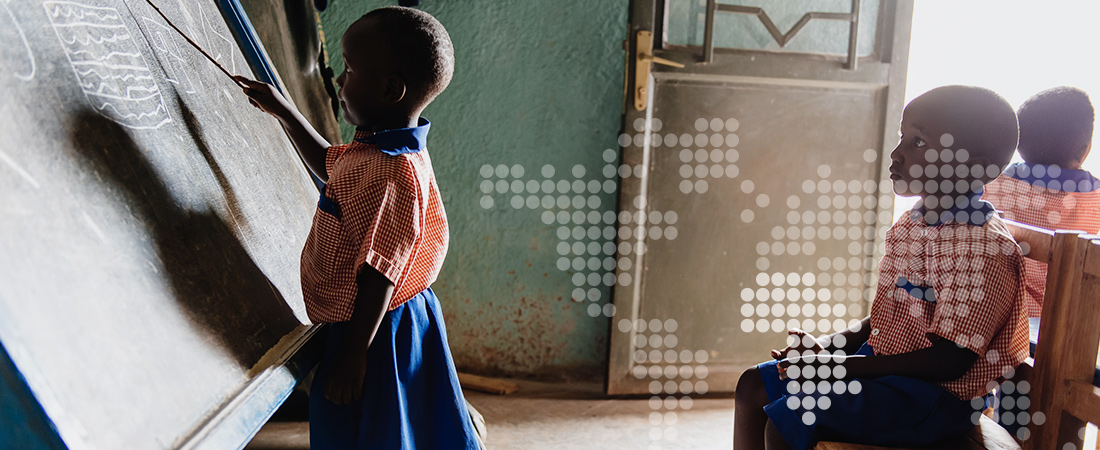
With a wave of investment transforming Africa’s educational, economic, and physical infrastructure, a bright future lies ahead for the continent’s 1 billion people. But realizing this promise will require innovative solutions to some persistent challenges, including conflict, illiteracy, and health crises.
EDC is committed to improving the lives of people across Africa. Our programs build entrepreneurship and economic opportunity, support ambitious education reform efforts, and develop solutions to pervasive public health issues, including HIV/AIDS. Across all of our work, we consult regional partners to create meaningful, effective programs that are informed by local contexts and are designed to be sustainable long into the future.
Projects
Resources
This study was designed primarily to measure learning gains among Standard One-level treatment beneficiaries of the Radio Instruction to Strengthen Education project in Zanzibar.
This report examines four approaches to technical and vocational education and training (TVET) employed by USAID between 2007 and 2012.
EQUIP3 assessed the labor markets and consulted with numerous stakeholders in Kenya and Rwanda to identify viable youth livelihood opportunities in three sectors: information and communications technology (ICT), agriculture, and health.
SSTEP is a three-year program of the Republic of South Sudan Ministry of General Education and Instruction, supported by the U.S. Agency for International Development (USAID).
These free online training courses are designed to help entrepreneurs learn what they need to know to establish and grow a business. Users learn at their own pace in their own time.
This study examines the reach and impact of EDC’s entrepreneurship programming in Ethiopia, Mali, and Rwanda since 2011.
This report, developed for the Sustainable Financing Initiative (SFI) of the School Meals Coalition, explores if and how climate finance could enable governments to expand school meals programs through additional resources and whether climate finance for school meals can transform wider food systems. This technical note is one of three background papers contributing to a wider paper on innovative financing for school feeding by the SFI.
The Learning Generation Report presents an action plan to deliver and finance an expansion of educational opportunity for more than 260 million children and youth who are not in school today.
There is a significant—and growing—body of evidence that well-designed and effectively delivered school meal programs are a cost-effective and scalable means to build human capital, improve learning outcomes, and improve health and nutrition.
The report covers the results of a study that was done of the Akazi Kanoze Youth Livelihoods Project partner organizations.